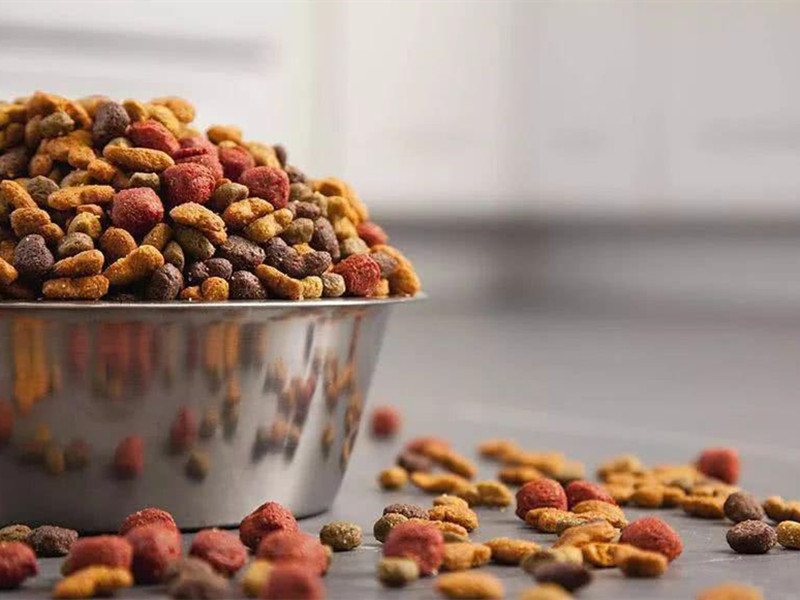Can Dogs Have Grapefruit Seed Extract?
As pet owners, we want to ensure your furry friend’s best nutrition to boost their immunity and keep them healthy. However, with the abundance of dietary supplements available on the market, it can be challenging to determine which ones are safe for your canine companion. Some common nutritional supplements include fish oil, grape seed extract (GSE), and vitamin E. These nutritional supplements can help your dog increase resistance, reduce the occurrence of disease, and promote hair growth and skin health. But the question remains, can dogs have grapefruit seed extract?
Benefits of Grapefruit Seed Extract for Dogs
Grapefruit seed extract has gained popularity in recent years, is a natural compound derived from the seeds and pulp of grapefruit. It is known for its antimicrobial, antioxidant, and anti-inflammatory properties. GSE has been used in various industries, including food preservation, cosmetics, and healthcare due to its potential benefits.
Antimicrobial Properties: GSE has been shown to possess antimicrobial properties, which may help combat bacterial and fungal infections in dogs. This could be particularly useful in treating skin conditions, ear infections, and other bacterial or fungal-related issues.
Anti-inflammatory Effects: The anti-inflammatory properties of grapefruit seed extract may help alleviate inflammation in dogs, which is often associated with various health conditions, such as arthritis and allergies.
Immune System Support: Some proponents believe that GSE may help boost the immune system in dogs, potentially enhancing their overall health and resistance to illness.
Is Grapefruit Seed Extract Safe for Dogs?
The safety of grapefruit seed extract for dogs is a topic of ongoing debate among veterinarians and pet owners. While some studies suggest that GSE may offer potential benefits, others raise concerns about its potential risks. It has potential risks for dogs:
Allergic Reactions: Like any supplement or medication, there is a risk of allergic reactions in some dogs when introducing grapefruit seed extract. Symptoms may include skin irritation, rashes, or difficulty breathing.
Gastrointestinal Issues: Some dogs may experience gastrointestinal upset, such as vomiting or diarrhea, when consuming grapefruit seed extract. This is especially true if the dosage is too high or if the dog has a sensitive digestive system.
Interference with Medications: GSE may interact with certain medications, potentially reducing their effectiveness or causing adverse effects. It is crucial to consult with a veterinarian before administering grapefruit seed extract to a dog taking prescription medications.
Proper Dosage and Administration
If you decide to give your dog grapefruit seed extract, it is essential to follow the recommended dosage guidelines and consult with your veterinarian. The appropriate dosage may vary depending on your dog’s size, age, and overall health condition. If you are hesitant about using grapefruit seed extract or if your dog experiences any adverse reactions, there are alternative natural supplements that you can consider in consultation with your veterinarian. These may include: Coconut oil, turmeric and probiotics.
Generally, it is recommended to start with a low dose and gradually increase it if no adverse reactions occur. It is also advisable to introduce GSE gradually into your dog’s diet to allow their system to adjust and monitor for any potential side effects.
Overall, grape seed extract is a very good natural nutrient for joint health in dogs. This substance can also increase your dog’s immunity and maintain your dog’s overall state of health. While some studies suggest potential benefits, the safety and effectiveness of GSE for dogs is still a subject of ongoing research and debate. Remember, it is essential to follow proper dosage guidelines and take into account your pet’s specific health needs and potential risks. You can also consult with a qualified veterinary professional before introducing any new supplement into your pet’s diet.



